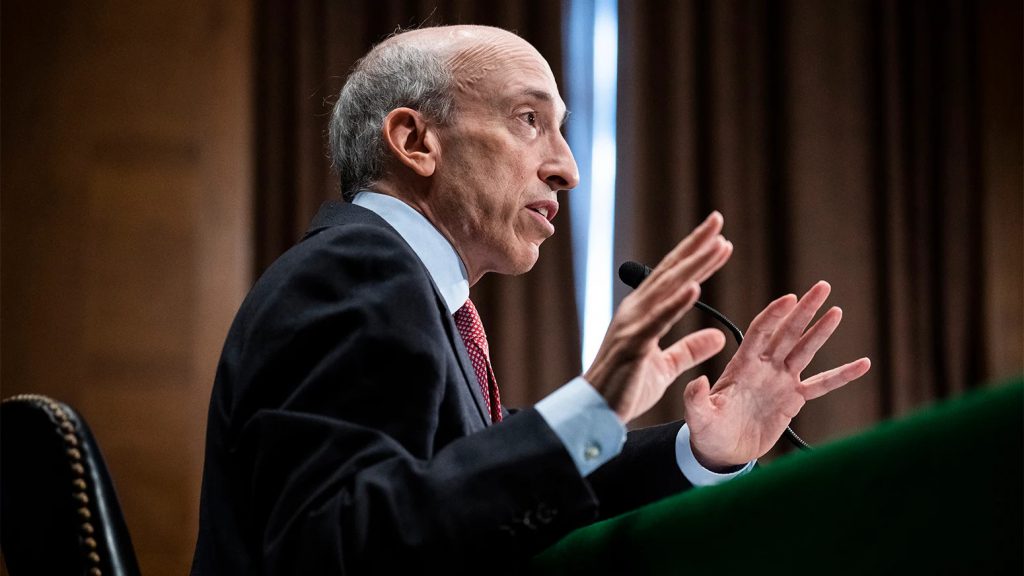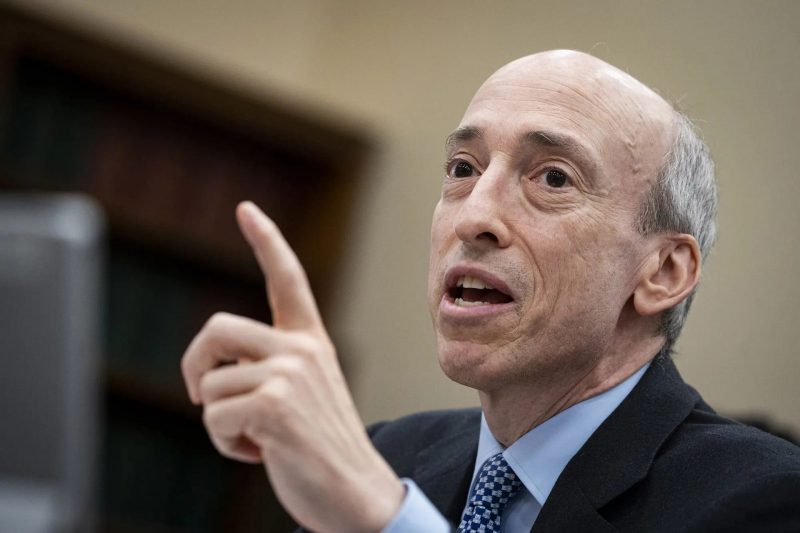The US Securities and Exchange Commission is seemingly again embracing its tirade against digital assets. SEC chair Gary Gensler has turned his attack toward crypto exchanges, noting them to be potentially unqualified custodians. Moreover, he spoke on the important changes that should be made to existing crypto protection rules.
Specifically, speaking at an Investor Advisory Committee today, Coindesk reported Gensler questioning crypto exchanges’ status as Qualified Custodians. Stating, “Just because a crypto trading platform claims to be a qualified custodian doesn’t mean that it is.”
Gensler Continues Crypto Crackdown
Over the past few weeks, the lack of clarity regarding regulatory enforcement in the digital asset industry has only grown more blurry. Except, a massive effort to ramp up that enforcement has been imposed by the United States regulatory agency. Thus, creating what is an unorganized attempt to regulate what is not clearly understood, or defined.
Now, that crypto crackdown has only grown more interesting, as SEC chair Gary Gensler has attacked crypto exchanges as potentially unqualified custodians. Specifically, Coindesk reported statements made by Gensler at an Investor Advisory Committee meeting today.


“Based upon how crypto trading and lending platforms generally operate, investment advisers cannot rely on them today as qualified custodians,” Gensler told the committee. Additionally stating, “To be clear; just because a crypto trading platform claims to be a qualified custodian doesn’t mean that it is.”
Moreover, Gensler noted congressional backing of the SEC to potentially change existing custodial regulations. “The proposal takes up Congress’s 2010 provision for us to expand the custody rule to cover all of an investor’s assets, not just their funds or securities.”
“Congress granted us new authorities to expand the custody rule in response to the financial crisis and Bernie Madoff’s frauds. The expanded custody rule would help ensure that advisers done inappropriately use, abuse, or lose investors’ assets,” Gensler concluded.





